Universal Credit cuts
What additional pressures have they put on community groups?

Universal Credit cuts
On 6 October 2021, the temporary weekly increase for Universal Credit benefits was cut.
This meant that families and individuals claiming Universal Credit received £20 less from the government than they did throughout the pandemic.
This pushed 800,000 people into poverty across the UK, according to research from thinktank the Legatum Institute.
As a result of these cuts, community groups extended their services to help people access basic necessities and also festive food and gifts ahead of the Christmas holidays.
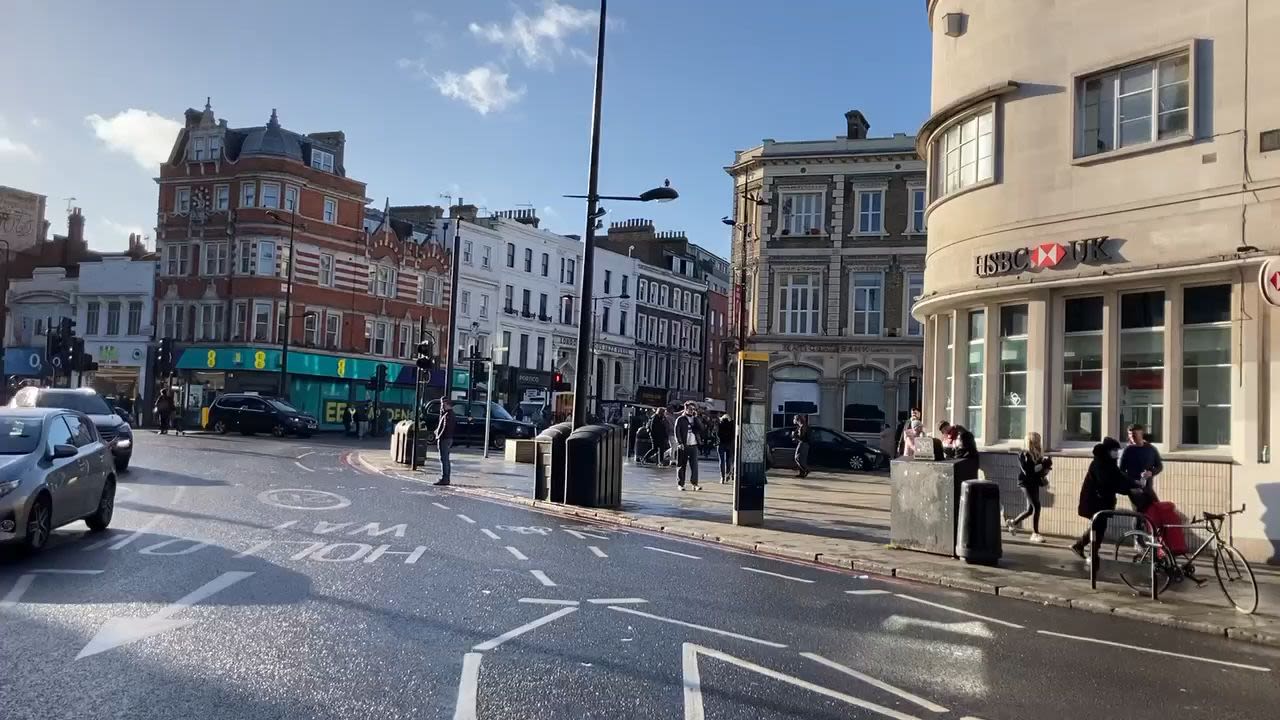
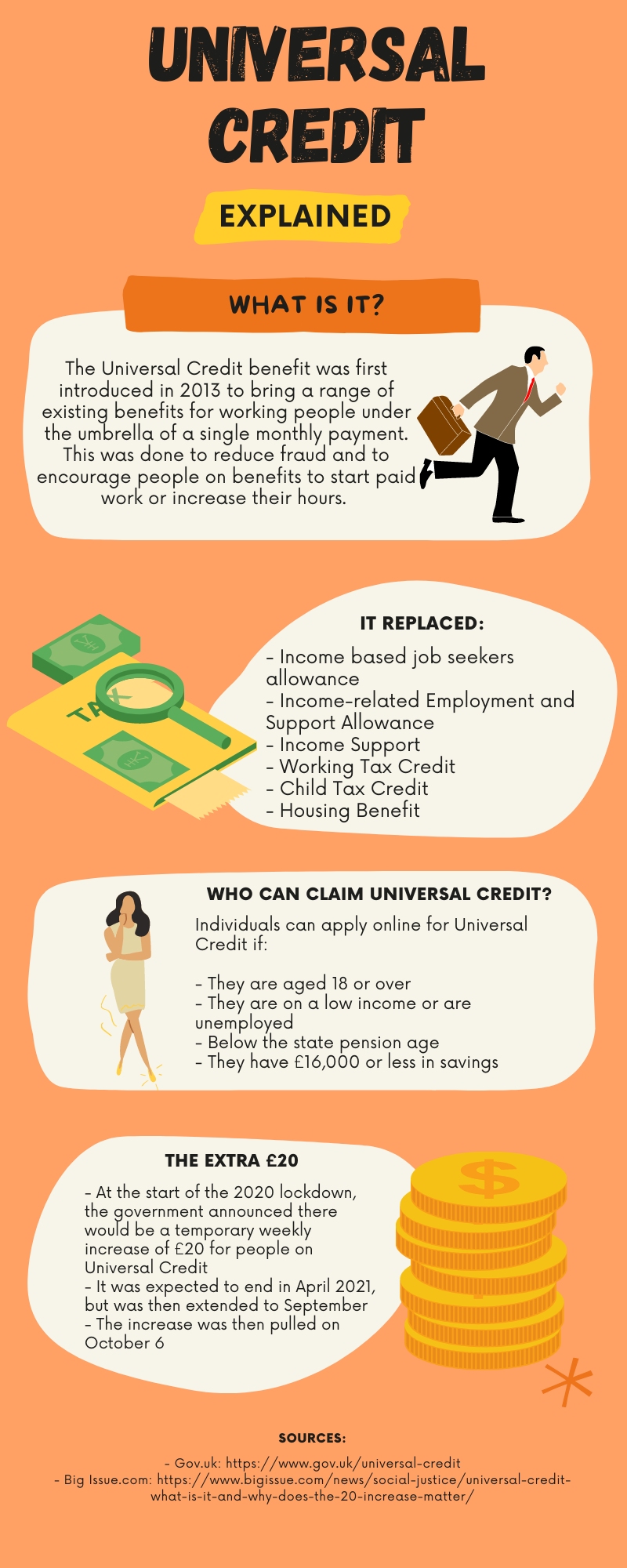
The number of people on Universal Credit increased drastically at the start of the pandemic
By the end of 2013, the year Universal Credit payments were introduced, around 3,500 people claimed the benefit, according to data from gov.uk.
This number increased year on year, but more than doubled during the pandemic, from 2.5 million in October 2019 to 5.6 million a year later.
The greatest increase in the number of people on Universal Credit was between March and April 2020, when an additional 1.2 million people were accessing these monthly payments.
With large numbers of people being made redundant, placed on furlough, or struggling to find work, the government introduced a £20 weekly increase to the benefit.
Community groups, such as food banks and soup kitchens, also saw a huge rise in demand.
When the increase was cut, however, community groups remained, working to support people in need as the numbers of individuals on Universal Credit continued to rise. Some have even introduced new services to fill gaps in people's needs.
SWLondoner spoke to some organisations across London to ask them how they have adapted in order to cope with an increasing demand on their services.
(Background image credit: Unsplash)
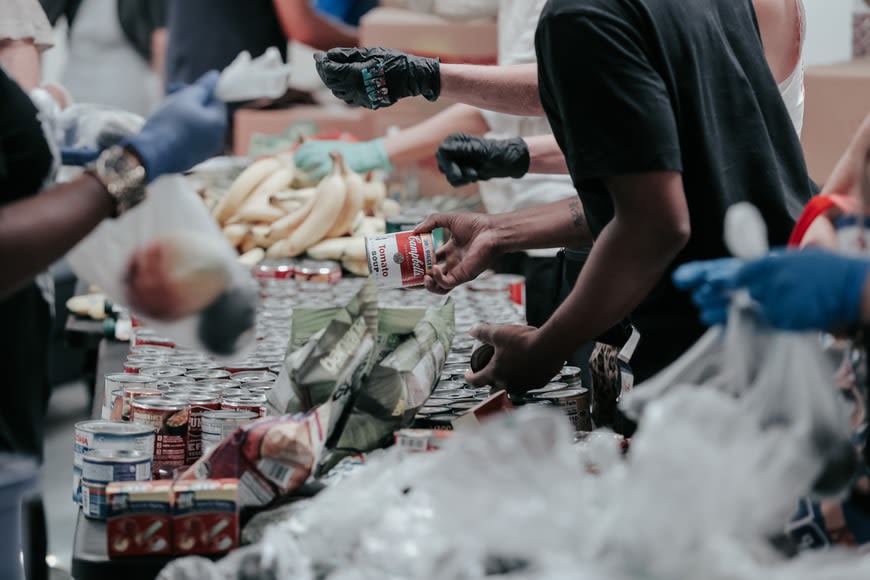
Streets Kitchen
From Camden to Oxford Street, volunteers from grassroots initiative Streets Kitchen walk together and serve breakfast to rough sleepers, starting at 7am every Tuesday and Saturday.
As well as doing morning outreach, the group serves evening meals in several London boroughs, including Wandsworth, Hackney and Islington.
Since the cuts to Universal Credit came into force, the initiative, which usually deals with street sleepers, has seen more people in temporary accommodation coming to them for support. These are people who the group said might typically claim government benefits.
Elodie Berland, volunteer and coordinator for Streets Kitchen, said: "The number of people coming to us for support is definitely not going down.
"This year, there were 16 homeless deaths in Camden. All of these people were in accommodation."
"We're happy to help anyone who needs it. Whether they're in accommodation or sleeping outside."
Data from the Dying Homeless Project shows that 16 people died in council-run and hostel accommodation in Camden last year, a figure larger than the number of homeless deaths in Manchester, Cardiff and Nottingham combined.
Nadia Shah, Labour Councillor for Camden, told the Camden New Journal: "It is an absolute tragedy that despite all the interventions we make with our partners to support homeless people in Camden, people continue to die on our streets and across London."
She added: "We support 650 single homeless people in bed-spaces in hostels and we have specific programmes to help women involved in high-risk street activity and people with limited recourse to public funds."
Streets Kitchen is continuing to serve those on the streets and in accommodation, and on average gives out around 70 breakfasts per morning outreach session.
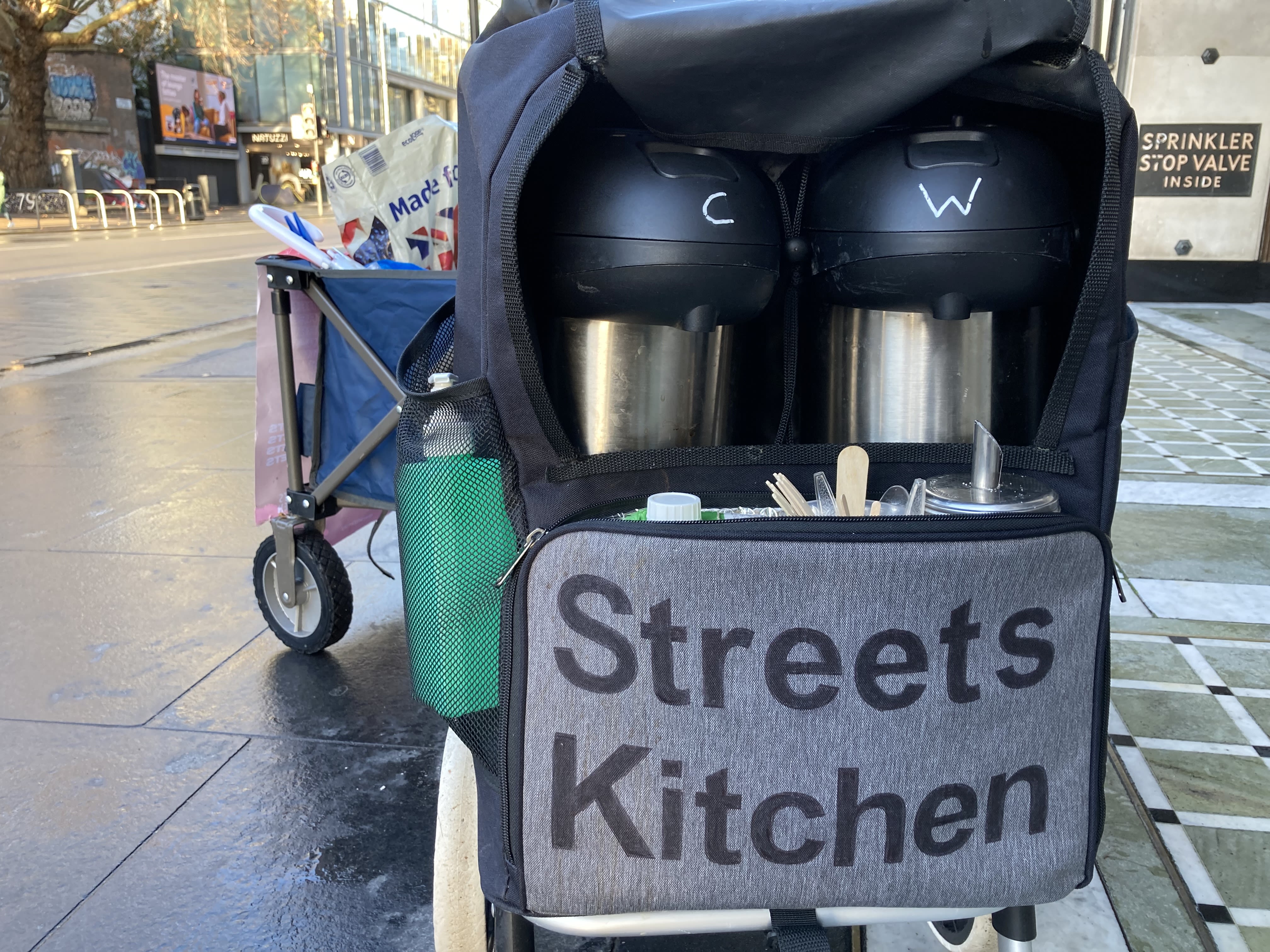
Streets Kitchen's coffee and tea supply
Streets Kitchen's coffee and tea supply
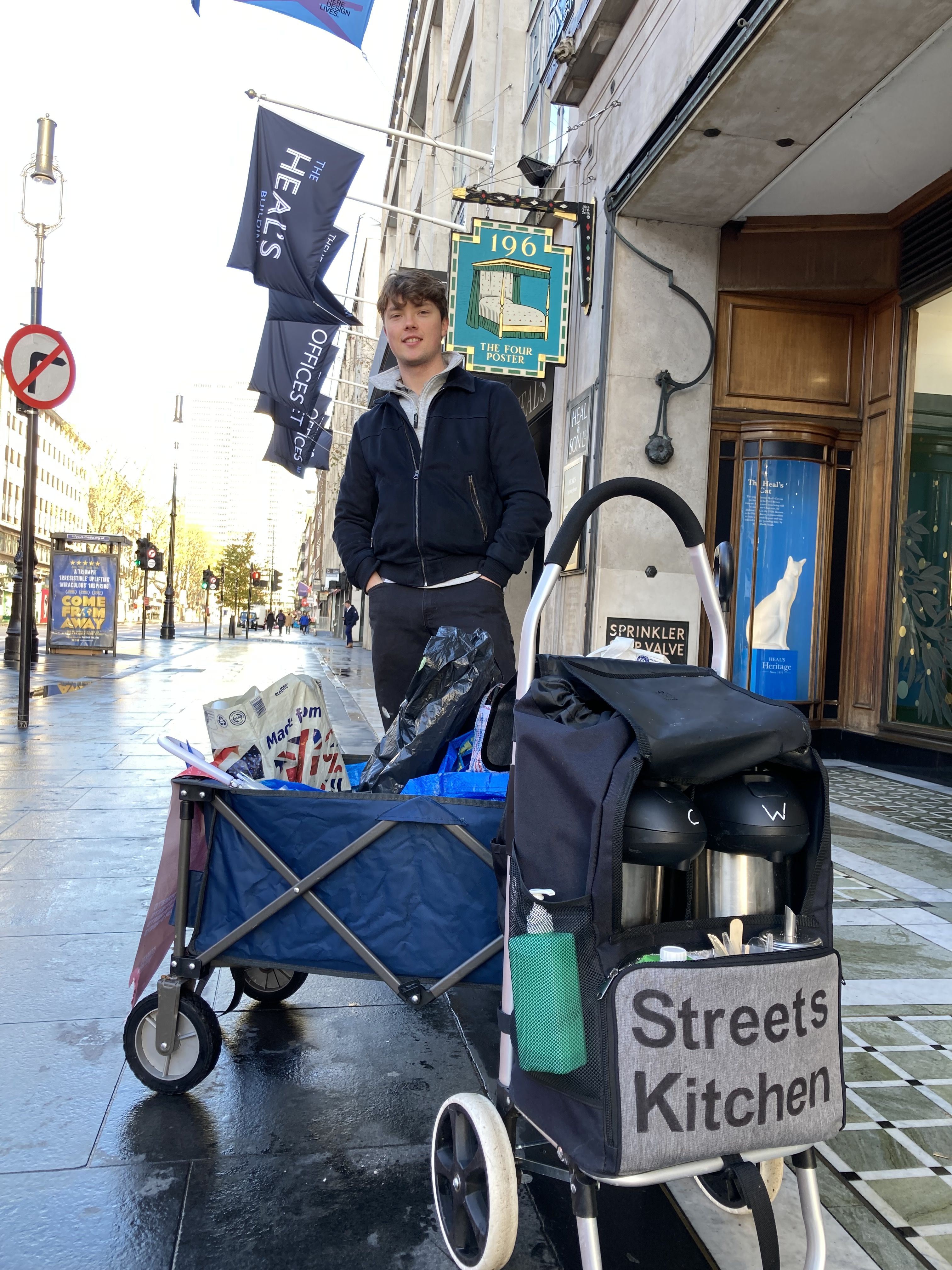
Volunteer Alex with the Streets Kitchen equipment
Volunteer Alex with the Streets Kitchen equipment
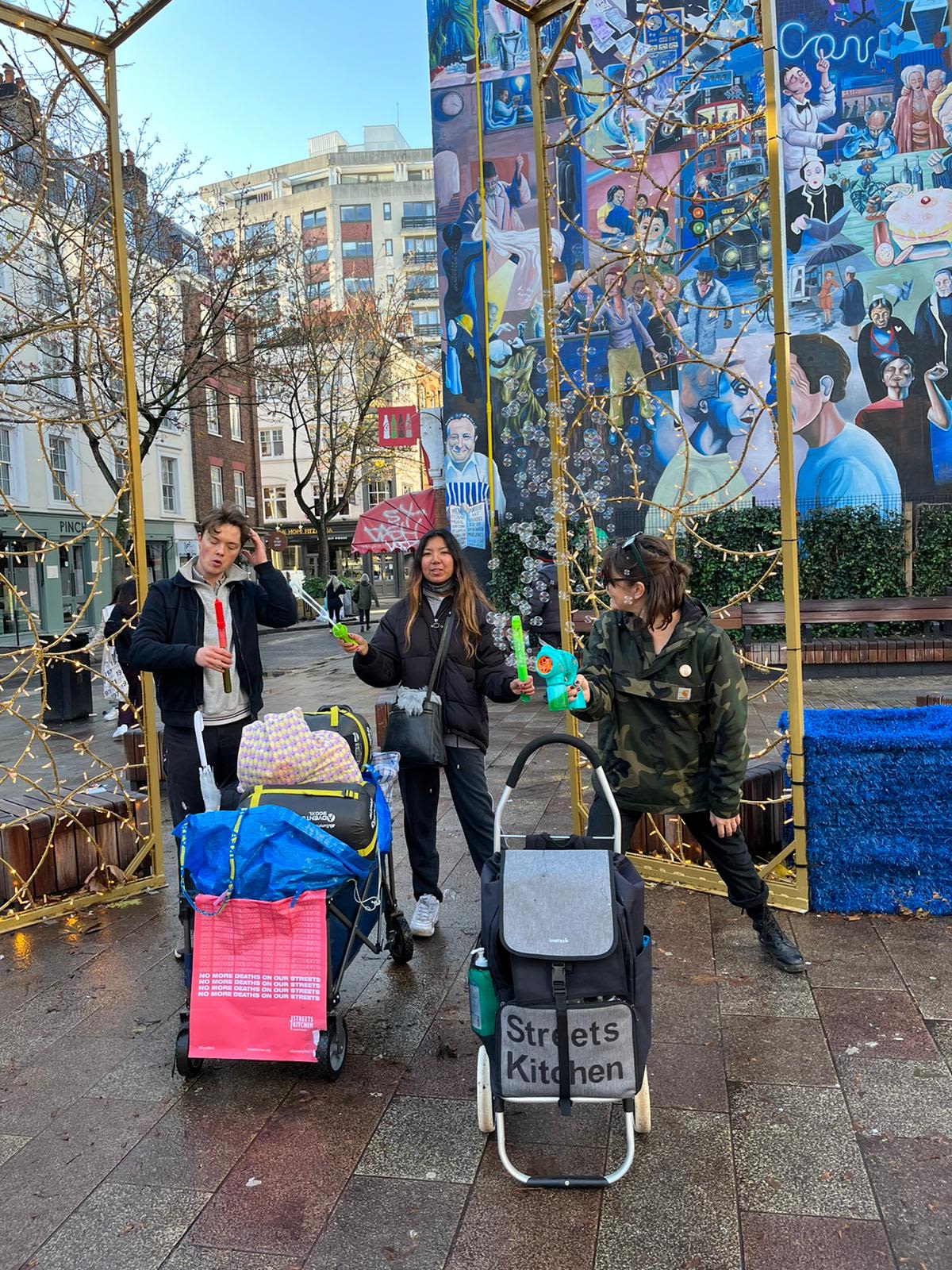
Spreading joy: The Streets Kitchen team on morning outreach
Spreading joy: The Streets Kitchen team on morning outreach
Potters Bar Foodbank
For Greater London organisation Potters Bar Foodbank, the pandemic led to a 150% rise in the number of families in need of their services.
After the Universal Credit increase was cut in October, the foodbank saw a further 50% increase in demand.
As a Trussel Trust foodbank, it provides families with ingredients donated by the community and nearby supermarkets and also gives out other necessities such as hygiene products.
In response to growing needs resulting from the pandemic and benefit cuts, Potters Bar Foodbank is collaborating with the Trussel Trust on a project called 'Together for Change".
This will involve programmes to equip people, such as those claiming Universal Credit, with new life skills in managing finances and employment training.
Watch the Potters Bar Foodbank Story below:
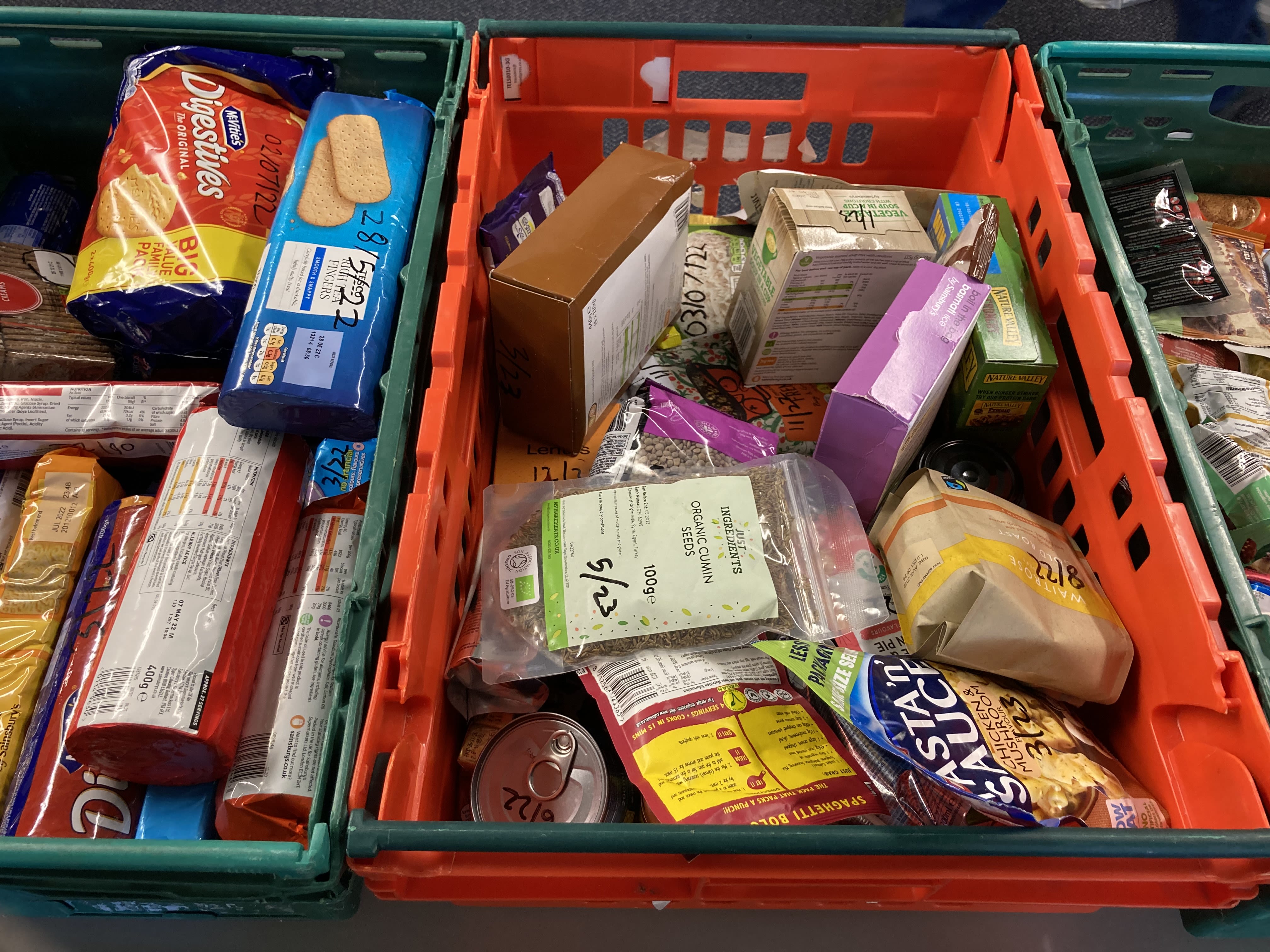
FEAST With Us
FEAST With Us is a London-based charity that cooks an average of 600 meals per week for people in temporary accommodation.
Over the last six years, it has provided fresh meals to people across North London, including in Camden, Islington, Haringey, Southwark and Barnet.
Surplus food that would otherwise go to waste is donated to the charity by local supermarkets, and a team of chefs and volunteers put together a meal to deliver to residents.
One of the venues that FEAST With Us uses is East Finchley Baptist Church where, over the last year, the church has helped to make and deliver between 40 and 100 meals per week to a local shelter.
With so many people affected by job losses and food poverty during the pandemic, FEAST With Us faced many challenges, including a 300% increase in demand.
Lily McSweeney, Partners Coordinator at FEAST With Us, said: “We saw a massive increase in demand with the pandemic. So, we actually changed our structure to meet the demand in the different areas we were in.
"While we used to only do weekly cooking sessions, usually in homeless shelters, we started to deliver meals to members of the local community, helping people who couldn't get out of the house or who were experiencing food poverty."
While many people who access support from FEAST With Us are affected by Universal Credit changes, McSweeney said that the October cuts did not directly impact the charity, but they hugely affected the foodbanks they collaborate with.
As foodbanks saw large increases in the numbers of people coming to them for help, FEAST With Us started giving fresh meals to these foodbanks to be distributed from there.
To tackle food poverty and to provide people claiming benefits with more permanent solutions, FEAST With Us runs communal dining sessions, where residents in temporary accommodation can learn about food hygiene and cooking.
McSweeney said: "The idea is that people learn recipes in a way that means they can support their own nutrition on a budget, and it also tackles social isolation. We want people to learn about food hygiene so they can potentially take that experience and find employment."
Aistis Palenskis, a FEAST With Us chef, told SWLondoner that because of this scheme, he has personally seen one person transition from homelessness to finding a job as a kitchen porter.
Palenskis said: "Food is only a vessel of a much bigger idea to bring people together and give them a greater sense of purpose."
In the new year, FEAST With Us plans to roll out nutrition and cooking skills workshops across all of their sites.
McSweeney said: "We’re going to be focusing on working with young people. In Greenwich, for example, we’ve started collaborating with an organisation where young people get an AQA accredited qualification and that will equip them with skills so they can then move on to independent living."
Request a meal from FEAST With Us, here.
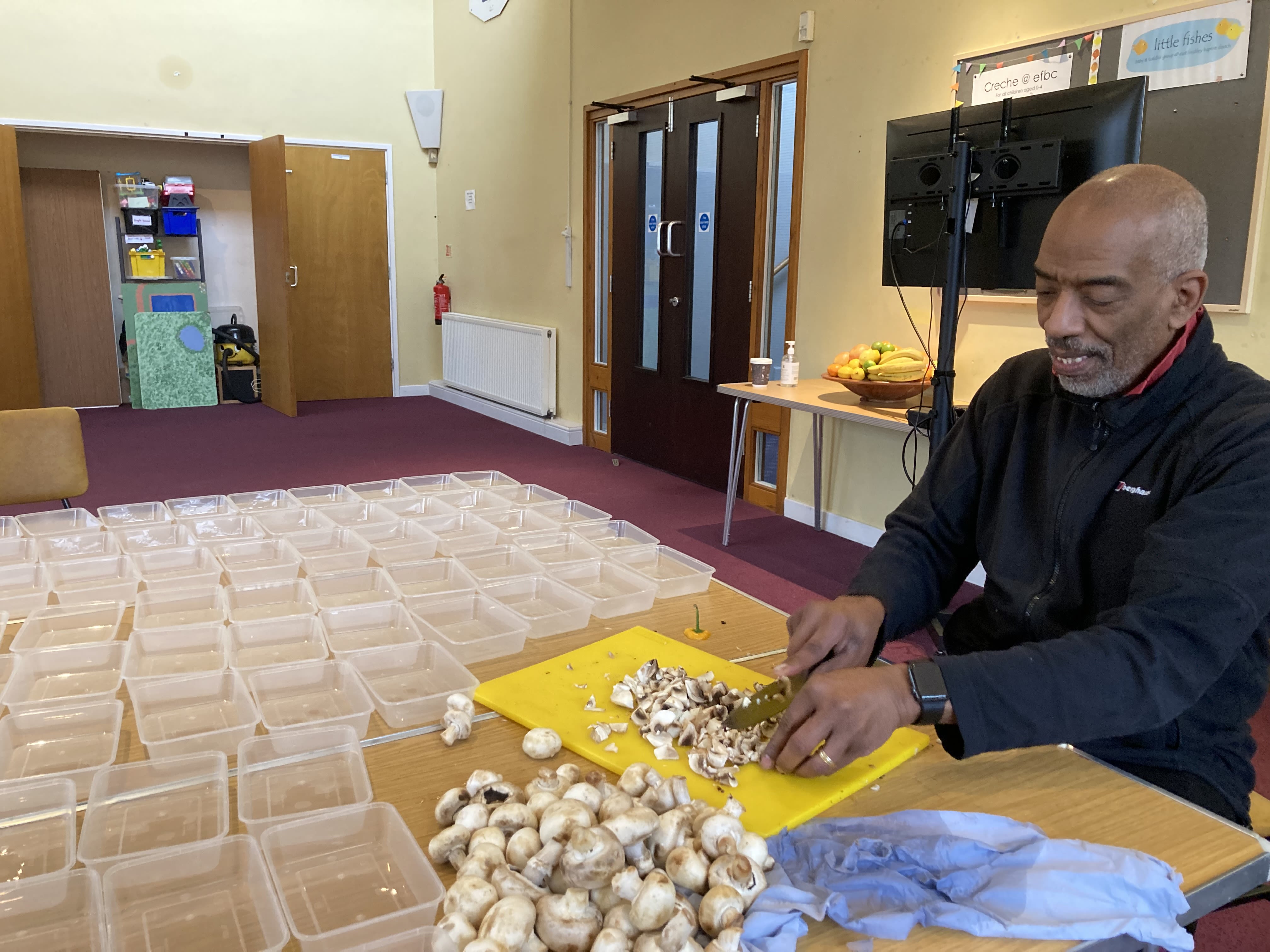
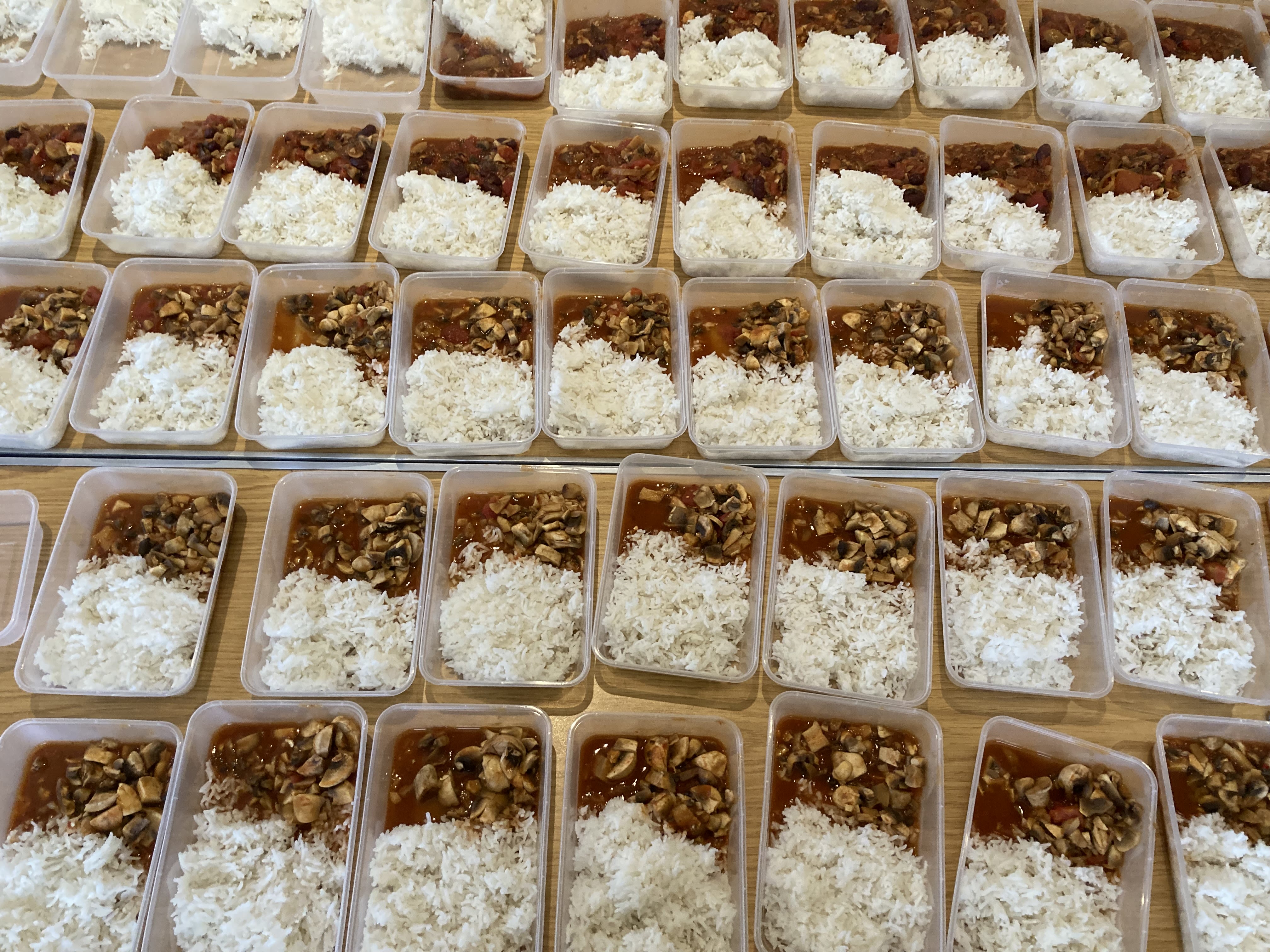
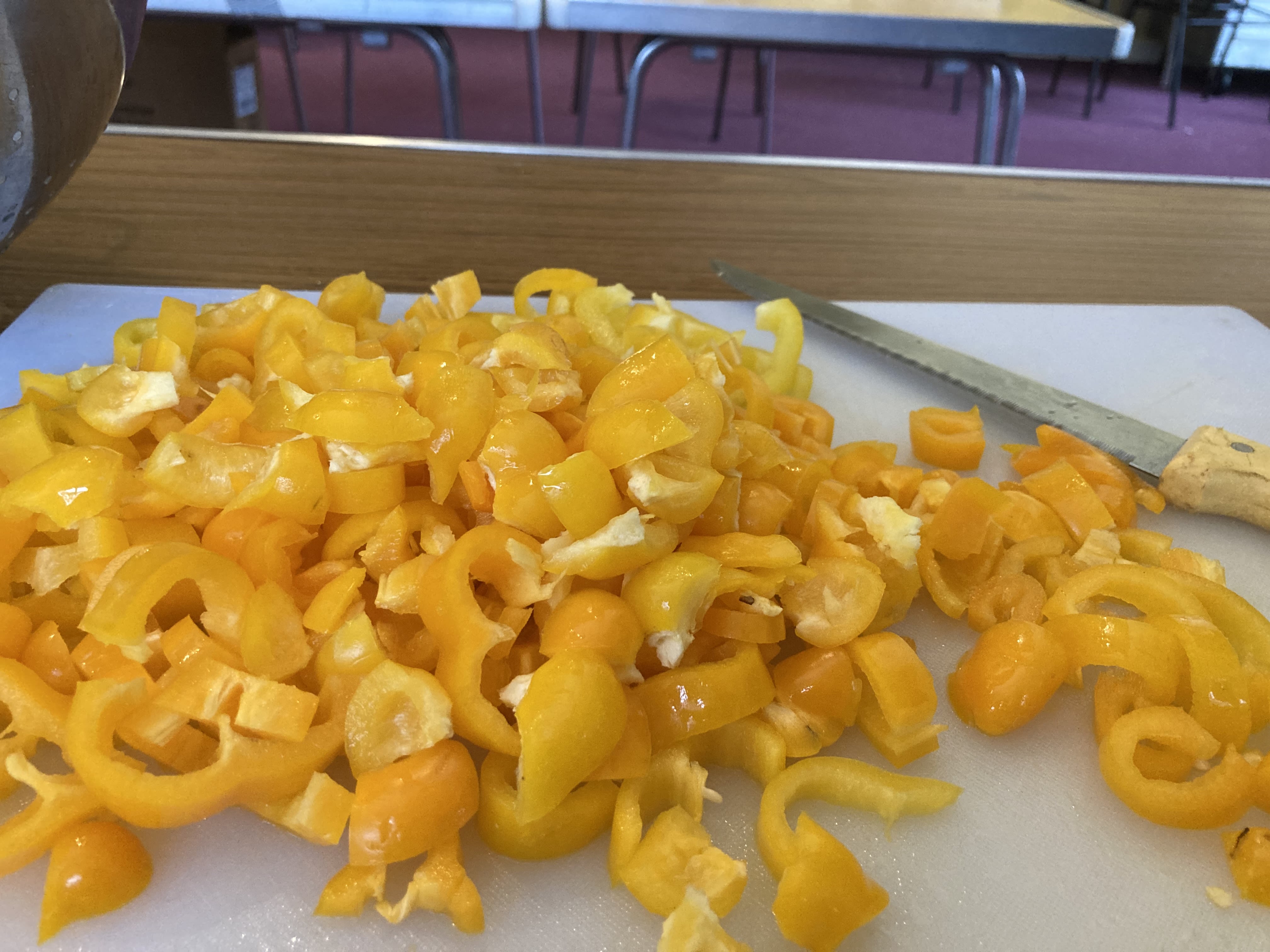
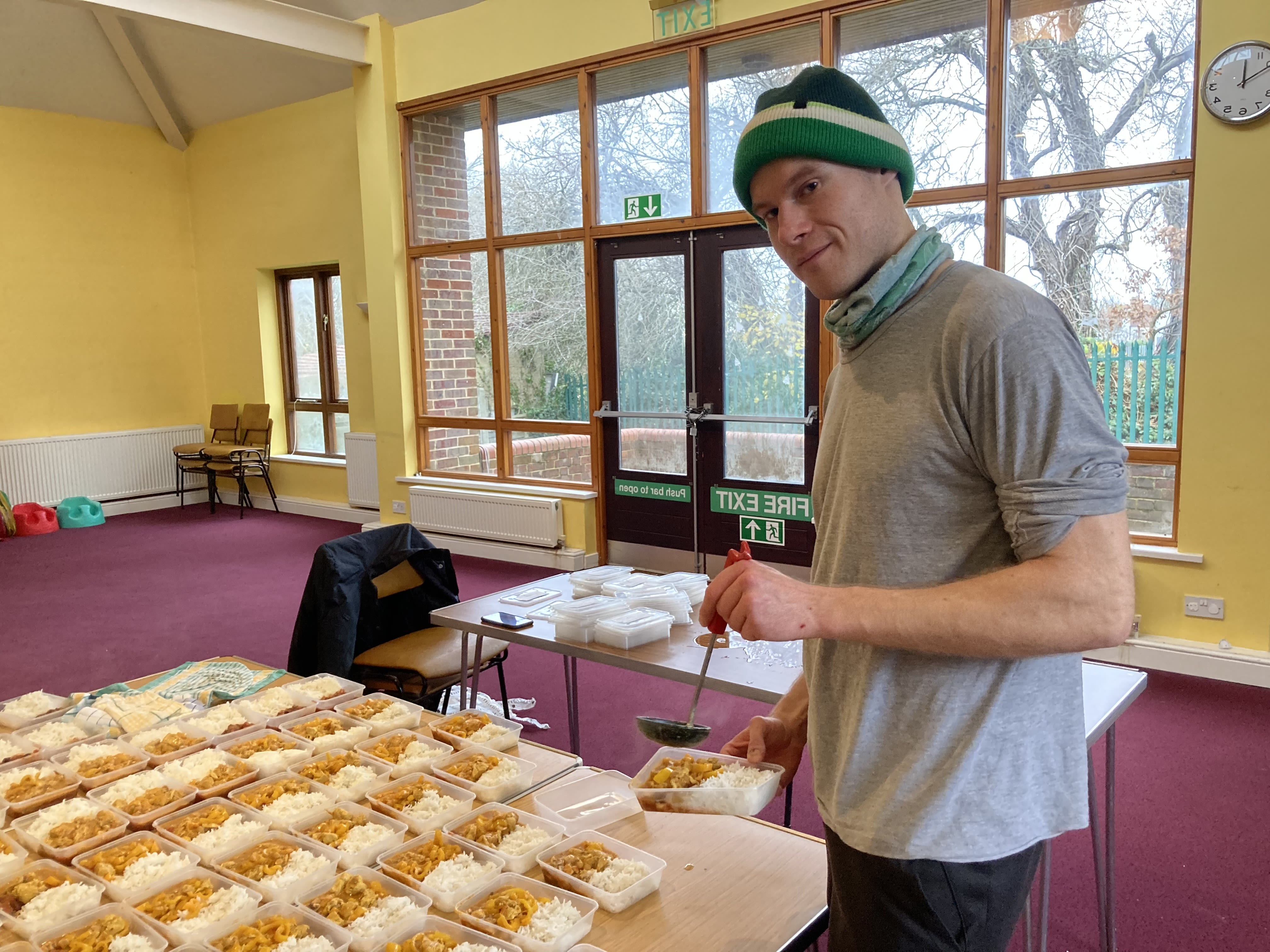
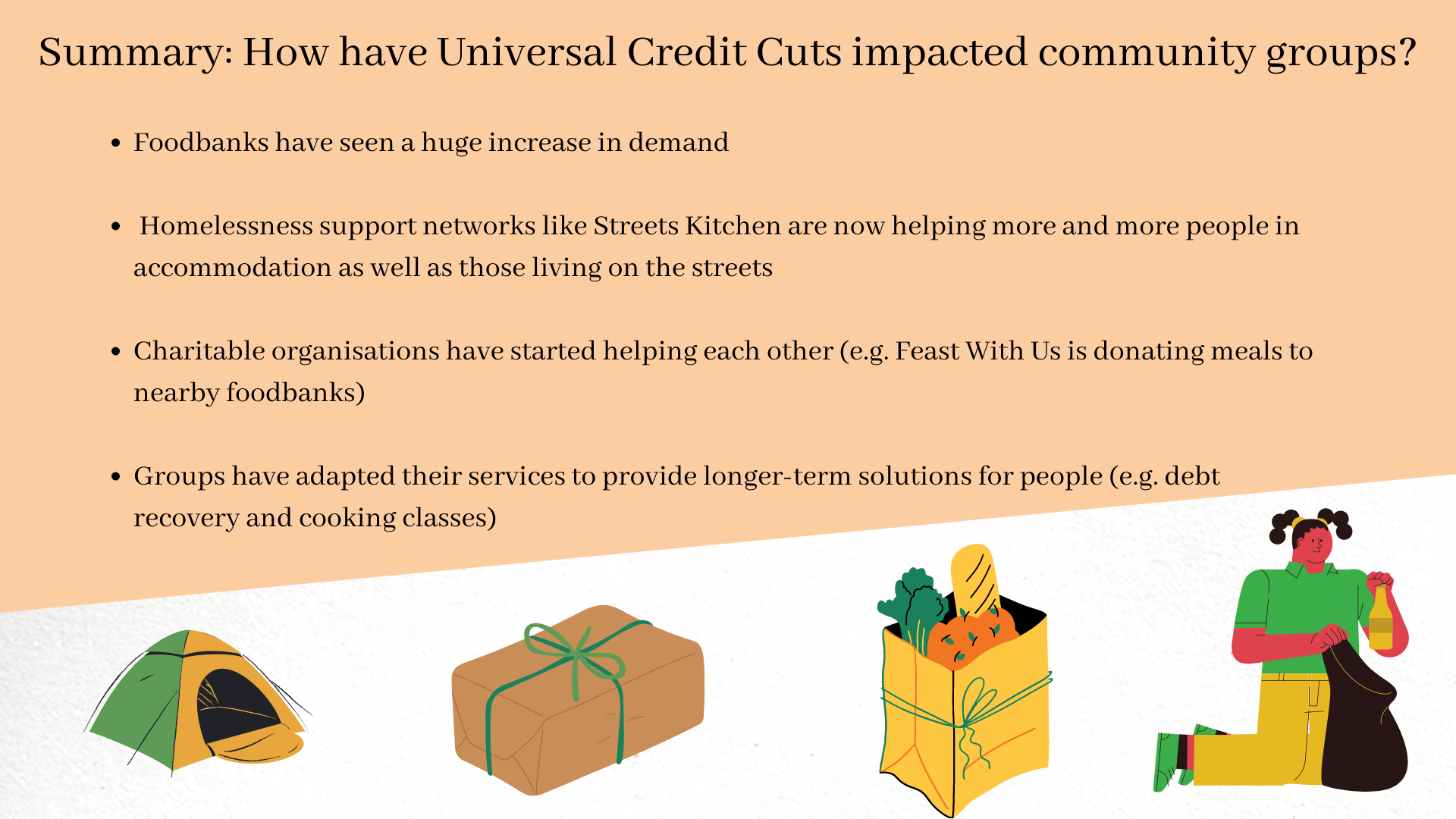
Looking forward: the future of Universal Credit
Following the cut to the Universal Credit increase, the government announced a reform to the way the benefit works.
On December 1, the taper rate for Universal Credit was reduced from 63p to 55p. While previously, those in work lost 63p in benefits for every extra pound they earned, they now only lose 55p per extra pound.
The government estimates that this reform will eventually help two million working families gain an extra £1000 per annum.
A government spokesperson said: “This Government is committed to supporting families and people in need, we have provided billions of additional welfare support through the pandemic and continue to do so.
“Work is the best route out of poverty and the changes we have made to Universal Credit will see nearly two million working claimants better off by around £1,000 a year.
"The most vulnerable, including those who can’t work, can get additional benefits, and help with essential costs is available through our new £500 million support fund.”
With almost six million people claiming Universal Credit according to most recent statistics, community groups and charities remain in place to ease the transition out of the pandemic for vulnerable people across the capital.
All images and videos are the author's own unless otherwise specified.

